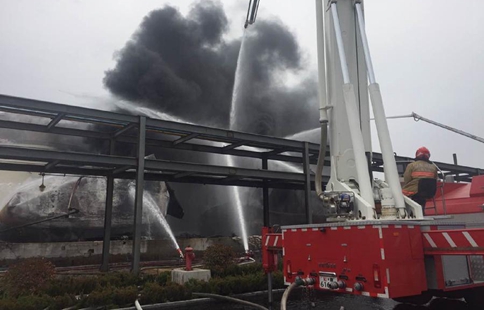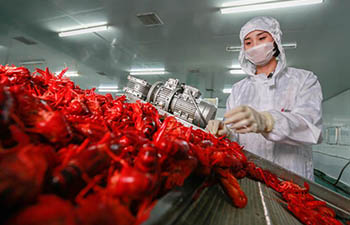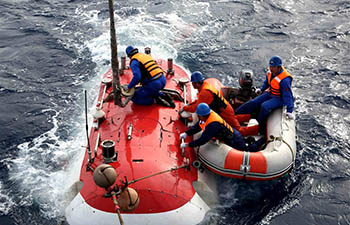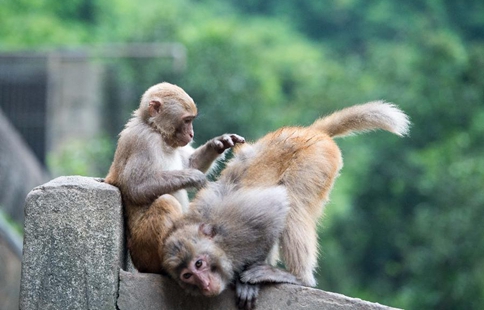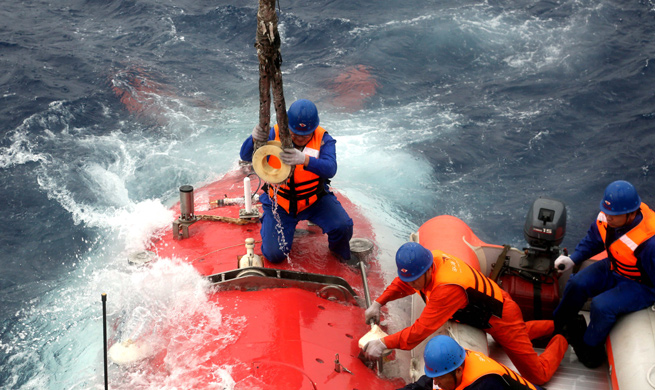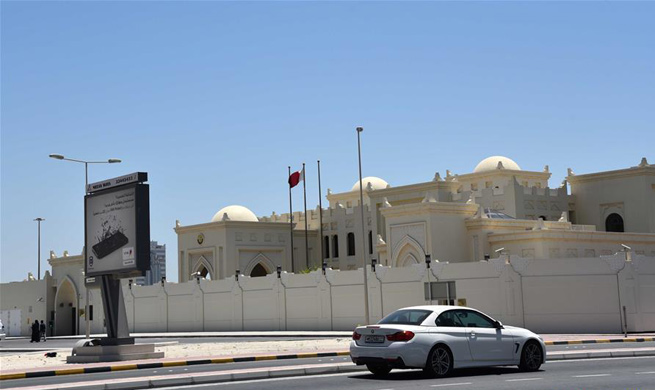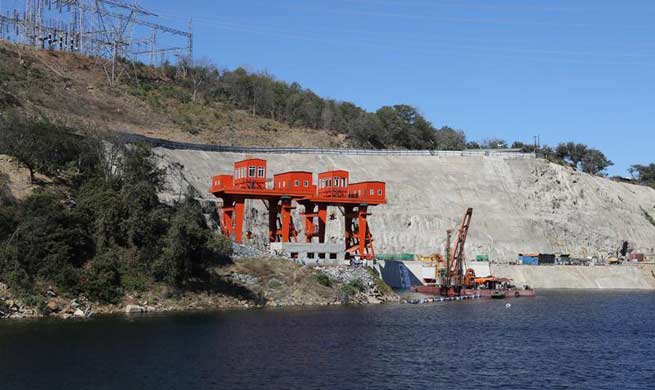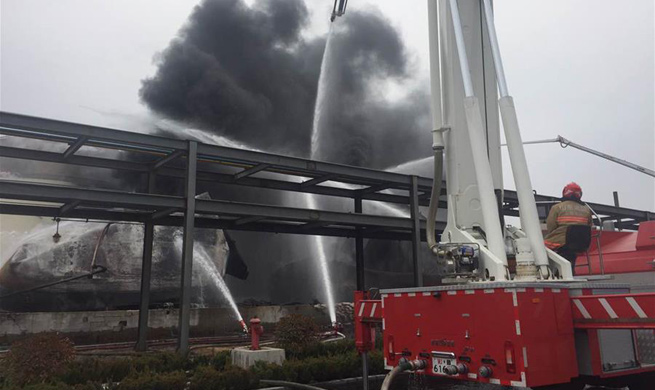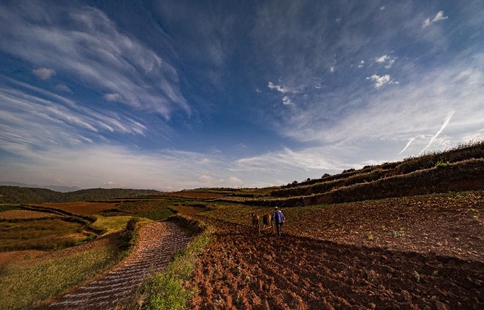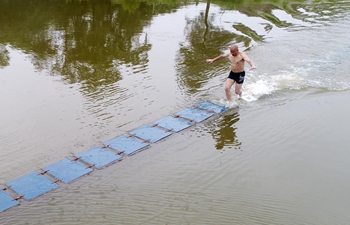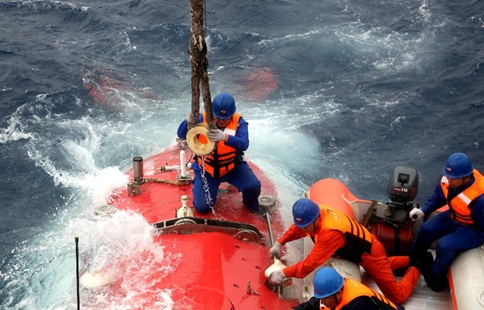NAIROBI, June 5 (Xinhua) -- Member states of Africa's largest trading bloc, have finalized development of joint policies and regulations to revitalize growth of the seed industry, officials said on Monday.
Speaking at a regional workshop in Nairobi, policymakers, experts and industry executives from the Common Market for Eastern and Southern Africa (COMESA) said that a new policy and regulatory framework was an imperative to enhance development and deployment of high yielding seeds to farmers.
Kenya's Cabinet Secretary for Agriculture, Richard Lesiyampe in his opening remarks said that a robust seed industry in the east and southern African region is key to achieve food security and sustainable revenue streams for rural farmers.
"A vibrant, modern and competitive seed industry is essential to improve agricultural productivity in this region. Governments and industry have a role to ensure that farmers have access to quality and affordable seeds," Lesiyampe said.
The 19-COMESA member states have realigned their policy and regulatory frameworks to enhance development and cross-border trade in high yielding seeds.
Lesiyampe said that countries in the region have endorsed a joint protocol to hasten development of certified seeds that can withstand vagaries of weather, pests and diseases.
"Our governments are participating in regional initiatives and projects to develop drought tolerant seeds and create a market for them across borders," said Lesiyampe, adding that technology and skills exchange is key to develop a vibrant seed industry in the region.
Growth of seed sector in the region has been hampered by disjointed policies, low technology absorption, price volatility, adulterated seeds and lack of awareness among smallholder farmers.
Gizila Takaravasha, an officer with alliance for commodity trade in eastern and southern Africa, urged governments to prioritize investments in improved seeds alongside modern infrastructure to facilitate their deployment to farmers.
"We must share best practices that can rejuvenate growth of the seed sector in this region. Governments should also regulate the price of seeds and put deterrent measures to curb sale of adulterated ones that cause havoc in the farms," Takaravasha said.
She urged COMESA member states to adhere to phytosanitary standards in order to create a robust cross border market for seeds.




